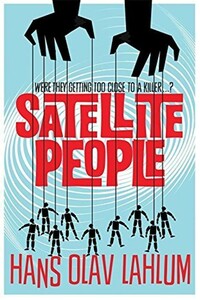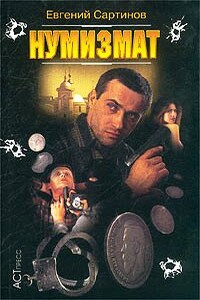The Catalyst Killing | страница 30
I asked, almost in passing, where they had been the day before. They both nodded in understanding and said that they had been together at home yesterday evening, as they were most evenings. One of them was always at home, in case Falko or anyone else who knew something about what had happened to him got in touch. They were generally to be found here. Arno Reinhardt had sold his photography business shortly before his son’s disappearance. They had not been active in politics since they were excluded from the NCP along with other Furubotn followers in 1949. So they seldom went out unless it was to go shopping or some other necessary errand.
It struck me that the Reinhardts fitted perfectly with two of Patricia’s concepts from our previous murder investigations. Both parents had orbited Falko like satellites from the day he was born in 1944 until his disappearance in 1968. And since his disappearance they had become human flies who circled round and round what had happened, without being able to move on.
I felt a deep sympathy for them, and was increasingly puzzled by what had happened to their son. And yet my visit had in no way brought me closer to a solution. I still lacked anything that might resemble a theory about either what had happened when Falko Reinhardt disappeared, or what had happened when Marie Morgenstierne was killed.
XIV
When I left the Reinhardts’ museum of photographs in Seilduk Street, there was still an hour left until my meeting with Marie Morgenstierne’s father. But there was now a reasonable hope that I might find Miriam Filtvedt Bentsen at the SPP office in Pilestredet.
I would never have dreamed that I would ever want to go there. And my first attempt was a bit of a fiasco. The door was locked and the lights were off, and there was no response to my rather aggressive use of the doorbell.
I was standing outside on the pavement wondering if I should drive to the address I had in Sogn Halls of Residence, when a bus stopped a short way down the street.
Even on this otherwise sad day, I almost burst out laughing when I saw the only passenger who got off. It was the first time I had ever recognized someone because I could not see their face. This was because she was reading an unusually large and thick book as she got off the bus and crossed the road. All that was visible below the book covers was a pair of blue jeans and a multicoloured sweatshirt, and above, some fair hair.



